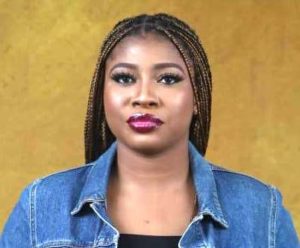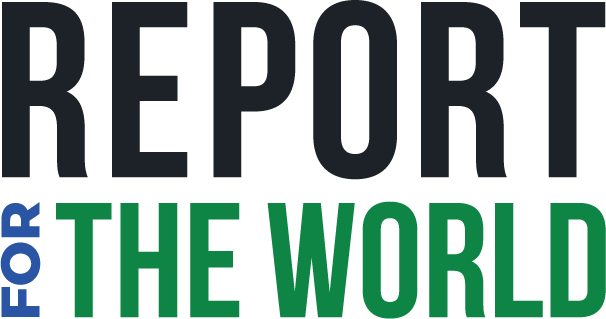
This International Women’s Day, we spoke with Chiamaka Okafor, who covers Nigerian diaspora communities around the world for the Premium Times in Nigeria. Okafor has also been writing about women’s issues and international affairs.
“To all the women in the world who are putting in the efforts who want to be seen: We see you. The world is your oyster. You are not invisible. No one can make you. Keep shining and shining,” she said.
Watch our full conversation with Okafor, and read a compilation of her stories below.
More stories by Okafor
Unmarried women are often turned away from public health facilities when they seek out birth control or contraceptive devices in Nigeria. That means that 48 percent of unmarried women in the country with unmet contraceptive needs — and may have to turn to dangerous birth control methods to avoid pregnancy.
Chika Oriuwa, a Nigerian-Canadian psychiatry resident in Toronto, was named one of Canada’s most influential people on the 2022 Maclean’s Power List. Oriuwa was the only black woman in her cohort when she started at the University of Toronto in 2016; by the time she graduated in 2020, she was the university’s first Black woman to be valedictorian and helped create a Black student application program. “I’ve spoken at my high school in Brampton, Ontario, and had young Black women tell me, ‘I want to be a doctor because you did it, and you’re just like us,” Oriuwa said.
The daughter of a Liberian diplomat was repeatedly sexually abused by two boys at the Liberian embassy in Abuja, Nigeria. Her father, Liberian minister Nat Bayjay, is now seeking justice for his 7-year-old daughter. “My major concern is that the government takes responsibility for my daughter’s health,” Bayjay told corps member Chiamaka Okafor. “You and I know that litigation takes two to three years, so my daughter’s health has to remain the same until two to three years?”
A survey by The 100 Women Lobby Group in Nigeria found that women throughout the country are systematically excluded from participating in politics — and are trying to get the nation’s National Assembly to create more opportunities and protection for women in government. “For the Nigerian state to function at her full potential, there is a need for a process that ensures electoral integrity, inclusive participation and accountability in the electoral process,” the president of The 100 Women Lobby Group said.

